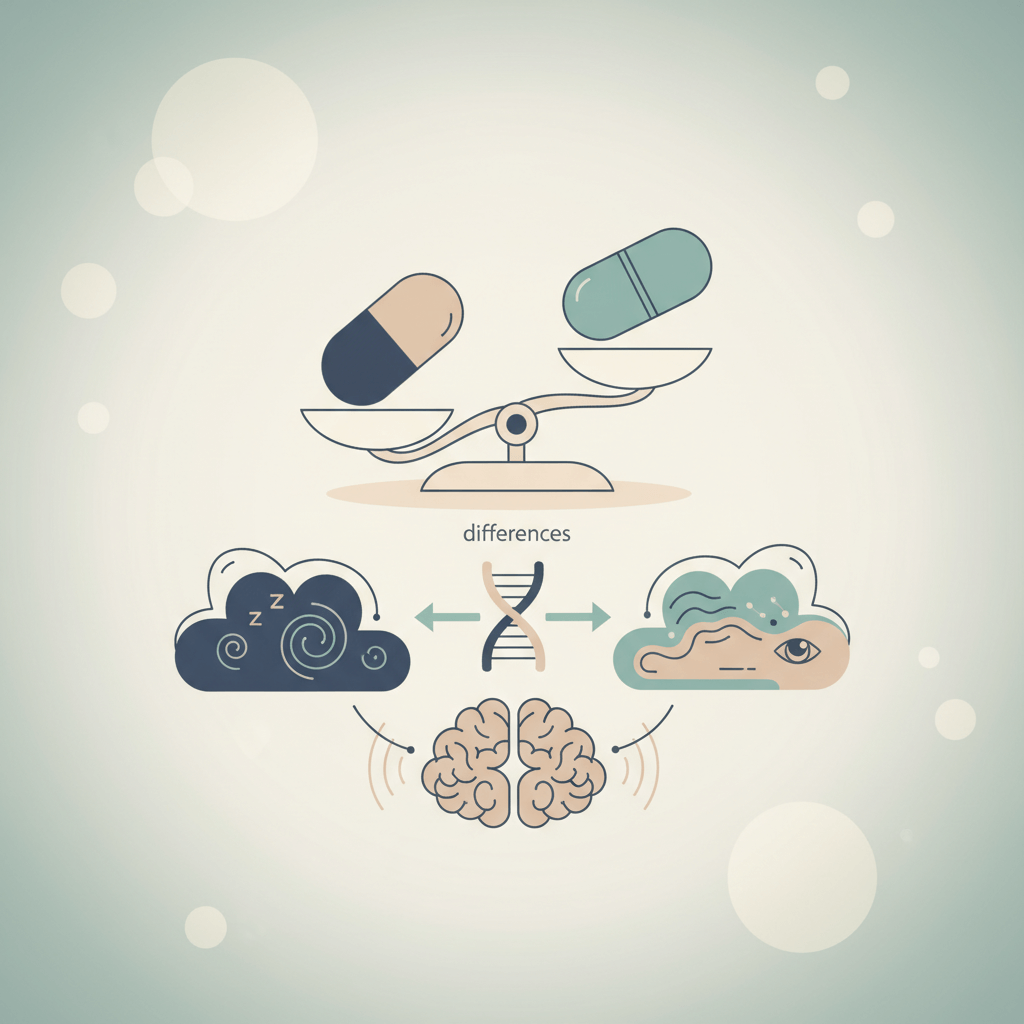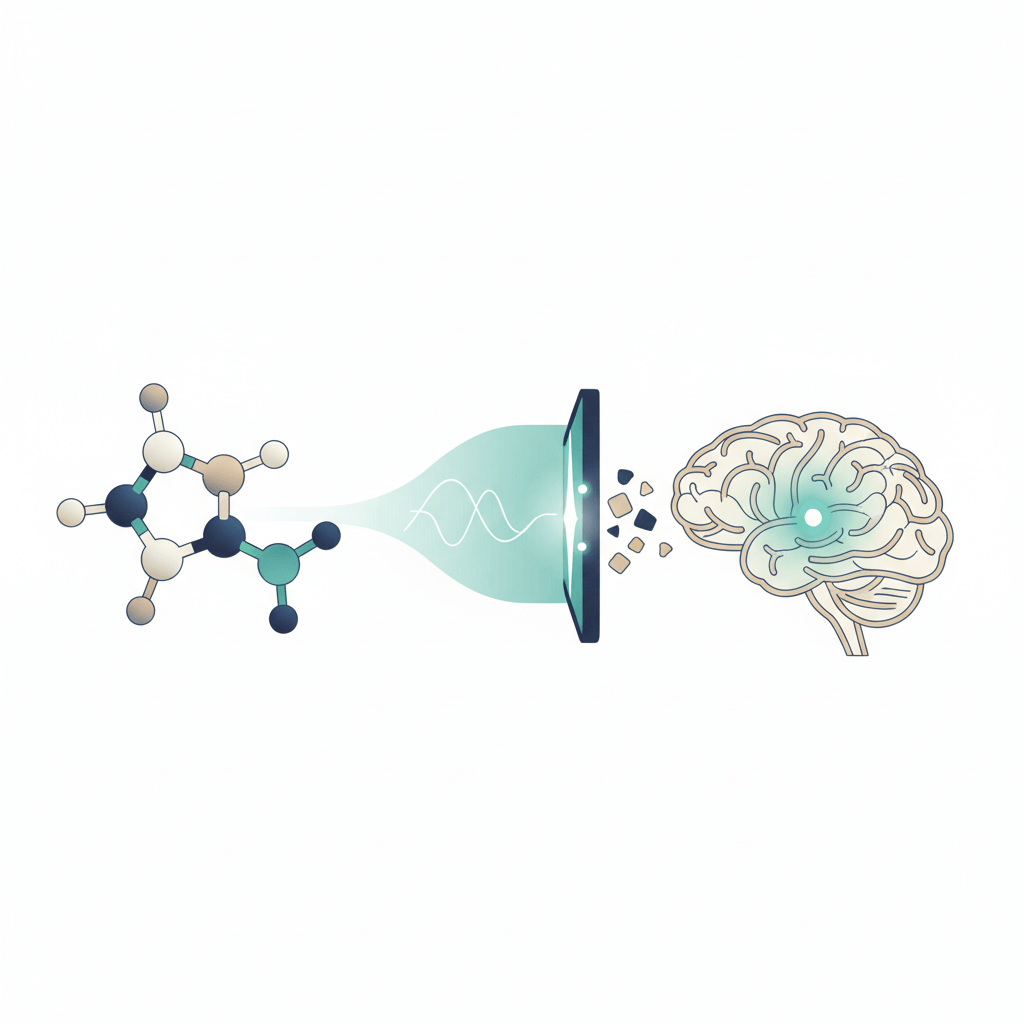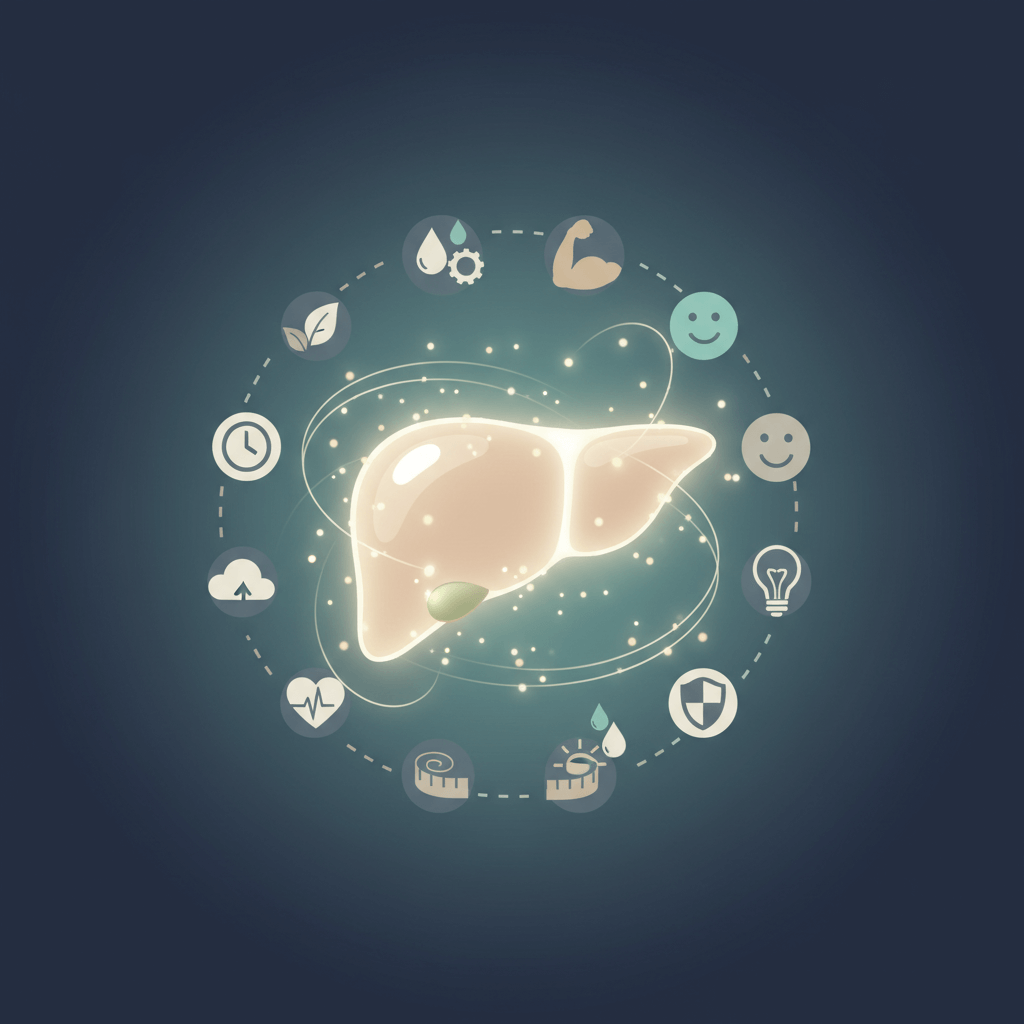Understanding Sex Addiction
When exploring the topic of why people get addicted to sex, it is important to develop an understanding of sex addiction itself. This section will provide a definition of sex addiction and shed light on its prevalence.
Definition of Sex Addiction
Sex addiction, also known as hypersexuality or compulsive sexual behavior, refers to a condition where individuals lose control over their sexual thoughts and urges. This loss of control can lead to behaviors that become overwhelming and cause problems in various aspects of their lives. Sex addiction may be classified as part of another mental health condition, such as impulse control disorder (ICD) [1].
The cravings experienced by individuals with sex addiction are comparable to those felt by individuals addicted to substances like alcohol or drugs. The overwhelming compulsion or temptation to engage in sexual activities can be difficult to control, leading to repeated behaviors despite negative consequences.
Prevalence of Sex Addiction
The prevalence of sex addiction, or hypersexuality, appears to affect approximately 3% to 10% of the general population in the United States. It is more commonly found in men than in women, with a ratio of about two to five males affected for every one female. It is worth noting that sexual addiction typically begins around the age of 18, but individuals often do not seek professional help until around the age of 37.
The impact of sex addiction can be significant, affecting individuals' physical and mental health, relationships, and overall quality of life. It is important to recognize the signs and symptoms of sex addiction and seek appropriate treatment and support. Further exploration of the factors contributing to sex addiction and the impact it has will be covered in subsequent sections of this article.
Factors Contributing to Sex Addiction
To better understand why some individuals develop a sex addiction, it is important to examine the various factors that can contribute to its development. These factors can include biological factors, neurotransmitter imbalances, and emotional dysregulation.
Biological Factors
Research suggests that certain biological factors may contribute to the development of sex addiction. Frontal lobe abnormalities and temporal lobe injuries or tumors have been associated with hypersexuality, although not all individuals with these conditions exhibit compulsive sexual behaviors. While these abnormalities may play a role, it is important to note that they are not the sole cause of sex addiction.
Neurotransmitter Imbalances
Imbalances in neurotransmitters, such as dopamine, have also been implicated in compulsive sexual behavior disorder. Dopamine is a neurotransmitter that plays a role in the brain's reward system and is associated with feelings of pleasure. Imbalances in dopamine levels may impact the central nervous system responses and regulate reactions to pleasure, potentially contributing to compulsive sexual behaviors.
Emotional Dysregulation
Emotional dysregulation and mood states have been linked to an increase in compulsive sexual behaviors. Individuals who experience higher levels of both pleasant and unpleasant emotions may be more prone to engaging in impulsive-compulsive behaviors, including excessive sexual behavior. Emotional dysregulation refers to difficulties in managing and regulating emotions effectively, which can contribute to the development of sex addiction.
While these factors can contribute to the development of sex addiction, it's important to note that each individual's experience is unique and multifaceted. Other factors, such as childhood trauma, medications, and social influences, may also play a role in the development of compulsive sexual behaviors. Understanding these contributing factors can aid in the development of effective treatment strategies for individuals seeking help for sex addiction.
For information on treatment options for sex addiction, including medications, therapy, and self-help support groups, please refer to the section on treatment for sex addiction.
Causes of Compulsive Sexual Behavior
Compulsive Sexual Behavior Disorder (CSBD) is a complex condition influenced by various factors. Understanding the causes of compulsive sexual behavior can provide insights into why some individuals develop an addiction to sex. In this section, we will explore three significant causes: frontal lobe abnormalities, childhood trauma, and medications and mood states.
Frontal Lobe Abnormalities
Frontal lobe abnormalities have been associated with hypersexuality and compulsive sexual behaviors. Research suggests that certain structural or functional abnormalities in the frontal lobe of the brain may contribute to an increased risk of engaging in impulsive and compulsive behaviors, including excessive sexual activity. However, it's important to note that not all individuals with frontal lobe abnormalities exhibit compulsive sexual behaviors [3].
Childhood Trauma
Childhood trauma, particularly sexual abuse, has been significantly associated with the development of compulsive sexual behaviors later in life. Studies indicate a link between early traumatic experiences and the manifestation of hypersexuality and addictive sexual behaviors in adulthood. The impact of childhood trauma on the brain and psychological well-being may contribute to the development of sex addiction.
Medications and Mood States
Certain medications and mood states can influence the likelihood of engaging in compulsive sexual behaviors. Dopamine replacement treatments used for conditions such as Parkinson's disease have been linked to an increase in symptoms of compulsive sexual behavior and other impulse-control disorders. However, further research is needed to establish a cause-and-effect relationship between these medications and sex addiction. Moreover, emotional dysregulation and mood states have also been associated with an increase in compulsive sexual behaviors. Higher levels of both pleasant and unpleasant emotions have been linked to impulsive-compulsive behaviors, including excessive sexual activity.
Understanding the potential causes of compulsive sexual behavior is essential for developing effective treatment strategies. Identifying the underlying factors can help individuals seek appropriate support and therapy to address the root causes of their addiction. If you or someone you know is struggling with sex addiction, it is recommended to reach out to a sex addiction treatment center or professional who specializes in treating this condition.
Signs and Symptoms of Sex Addiction
Recognizing the signs and symptoms of sex addiction is an important step in understanding this complex disorder. While the manifestation of sex addiction can vary from person to person, there are common indicators that can help identify the presence of this condition. Some of the key signs and symptoms include obsessive sexual thoughts, engaging in risky behaviors, and experiencing negative impacts on relationships.
Obsessive Sexual Thoughts
One of the hallmark signs of sex addiction is the presence of obsessive sexual thoughts. Individuals with sex addiction often find their minds consumed by sexual fantasies, desires, and urges. These thoughts may be intrusive and difficult to control, leading to a preoccupation with sexual matters. The constant preoccupation with sexual thoughts can interfere with daily functioning and cause distress.
Risky Behaviors
Engaging in risky or inappropriate sexual behaviors is another common symptom of sex addiction. Individuals with sex addiction may feel compelled to seek out increasingly intense or extreme sexual experiences to satisfy their cravings. This can include multiple sexual partners, engaging in unsafe sexual practices, exhibitionism, voyeurism, or involvement in illegal activities such as stalking, rape, or child molestation in extreme cases.
Impact on Relationships
Sex addiction can have a profound impact on relationships. Individuals with sex addiction may struggle with maintaining healthy and fulfilling relationships due to their compulsive sexual behaviors. They may engage in infidelity, have difficulty with emotional intimacy, or experience strained relationships due to their secretive or deceptive behaviors. The constant pursuit of sexual gratification can lead to feelings of guilt, shame, and isolation, further exacerbating relationship difficulties.
It's important to note that sex addiction is a complex condition that can manifest differently in individuals. The severity of symptoms can vary, and it's crucial to seek professional help for an accurate diagnosis and appropriate treatment. If you or someone you know is exhibiting signs of sex addiction, reaching out to a sex addiction treatment center or seeking guidance from a mental health professional is recommended.
Understanding the signs and symptoms of sex addiction is the first step towards seeking help and finding appropriate treatment. With the right support and intervention, individuals with sex addiction can regain control of their lives and work towards a healthier, more balanced approach to their sexuality and relationships.
Impact of Sex Addiction
Sex addiction can have far-reaching effects on various aspects of a person's life. It can impact physical and mental health, personal relationships, and overall well-being. Understanding the consequences of sex addiction is essential in recognizing the need for intervention and seeking appropriate treatment.
Physical and Mental Health Effects
Similar to substance addictions, sex addiction can have detrimental effects on physical and mental health. Individuals struggling with sex addiction may experience a range of issues, including:
- Physical Health: Engaging in excessive sexual activity can lead to physical fatigue, exhaustion, and increased risk of sexually transmitted infections (STIs) or other health complications. It is vital to practice safe sex and prioritize sexual health.
- Mental Health: Sex addiction can take a toll on one's mental well-being. Feelings of shame, guilt, depression, and anxiety are common among individuals grappling with sex addiction. The addictive patterns can also contribute to a loss of self-esteem and a distorted self-image.
Relationship Implications
Sex addiction can strain personal relationships and erode trust. The secretive and compulsive nature of the addiction can lead to a breakdown in communication and intimacy. Individuals with sex addiction may struggle to maintain healthy and fulfilling relationships due to:
- Betrayal and Infidelity: Engaging in extramarital affairs or cheating on partners is a common consequence of sex addiction. This can lead to emotional pain, feelings of betrayal, and the breakdown of trust within a relationship.
- Emotional Disconnect: The pursuit of sexual gratification may overshadow emotional connections and intimacy with partners. This can result in emotional distance, feeling disconnected, and a lack of intimacy within the relationship.
- Dishonesty and Secrecy: Sex addiction often involves hiding or lying about sexual behaviors, leading to a breakdown in honesty and openness within a relationship. This secrecy can further erode trust and create a sense of distance between partners.
Work and Quality of Life
Sex addiction can also have a significant impact on one's professional life and overall quality of life. Some of the effects include:
- Work Performance: The preoccupation with sexual thoughts and behaviors can interfere with concentration, productivity, and overall work performance. Individuals may find it challenging to focus on their professional responsibilities due to the compulsive nature of their addiction.
- Financial Consequences: The pursuit of sexual activities can be costly, leading to financial strain. Excessive spending on pornography, sex workers, or other sexual experiences can result in financial instability and debt.
- Social Isolation: Sex addiction can lead to social isolation as individuals may prioritize their addictive behaviors over maintaining social connections. This can result in feelings of loneliness, withdrawal from social activities, and a lack of support.
Understanding the impact of sex addiction on various aspects of life is crucial in seeking appropriate treatment and support. Treatment options for sex addiction often involve a combination of medications, psychotherapy, and self-help support groups. If you or someone you know is struggling with sex addiction, it is important to reach out to healthcare professionals or sex addiction centers for guidance and support.
Treatment for Sex Addiction
When it comes to addressing sex addiction, there are various treatment options available. Treatment for sex addiction typically involves a combination of medications, therapy, and self-help support groups. Let's explore these treatment approaches in more detail.
Medications and Therapy
While there is no specific medication approved for treating sex addiction, certain medications targeting brain chemicals related to urges and behaviors can be prescribed. For instance, dopamine replacement treatments used for Parkinson's disease have been associated with increased symptoms of compulsive sexual behavior and other impulse-control disorders. However, further research is needed to establish a cause and effect relationship.
In addition to medications, psychotherapy plays a crucial role in treating sex addiction. Psychotherapy helps individuals identify triggers for hypersexuality behaviors and develop strategies to manage and cope with those triggers. Therapists may use various therapeutic approaches, such as cognitive-behavioral therapy (CBT) or psychodynamic therapy, to address underlying issues and promote healthier coping mechanisms.
Self-Help Support Groups
Self-help support groups modeled after Alcoholics Anonymous (AA) can provide valuable support and guidance for individuals struggling with sex addiction. These groups offer a safe and non-judgmental environment where individuals can share their experiences, gain insights from others facing similar challenges, and receive encouragement to overcome their addiction. Participating in self-help support groups can help individuals develop a sense of community, accountability, and motivation on their journey to recovery.
Management Strategies
While there is no cure for sex addiction, it can be effectively managed with a lifelong commitment to ending excessive thoughts, desires, urges, and behaviors. Recognizing the addiction and seeking help from healthcare professionals, psychologists, or psychiatrists is an essential first step. These professionals can provide guidance, support, and tailored strategies to manage and control the addiction.
Additionally, individuals can employ various self-help strategies to manage their sex addiction. This may include self-monitoring techniques, setting boundaries and limits, practicing stress reduction techniques, engaging in healthy and fulfilling activities, and developing a strong support network. It is important to remember that managing sex addiction requires a lifelong commitment and ongoing effort to maintain healthy behaviors and habits.
By combining medications, therapy, and self-help support groups, individuals with sex addiction can embark on a comprehensive treatment journey. It is important to seek professional help and support to develop personalized treatment plans and strategies that address the specific needs and challenges associated with sex addiction. Remember, there is hope, and with the right treatment and support, individuals can work towards recovery and lead fulfilling lives.
References
[1]: https://www.webmd.com/mental-health
[2]: https://my.clevelandclinic.org/health
[3]: https://psychcentral.com/lib/what-causes-sex-addiction













